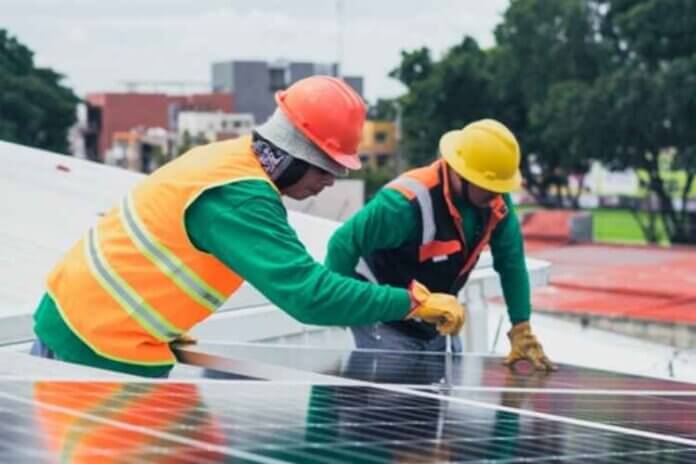
Do you struggle to pay the bills because of rising energy costs? Many people still rely on traditional energy sources to maintain their lifestyles. However, renewable sources such as solar energy are gaining traction.
As our population continues to grow, our energy needs will continue to increase. This results in higher rates for the energy we depend on.
There are many reasons to switch to solar power, such as environmental benefits and cost savings. However, before we pursue switching, we need to weigh in first some factors to consider before we have solar panels installed. Read on.
1. Your Roof Condition
If you’re considering having a solar home, one important factor to consider is the condition of your roof. If your roof is old or in need of repair, it may not be able to support the weight of the solar panels.
Additionally, if your roof isn’t properly orientated or doesn’t have enough open space, it may not be able to capture enough sunlight to make the solar panels worthwhile.
2. The Durability of the Solar Panels
Solar panels are designed to withstand the elements, but they can be damaged by severe weather, hail, or high winds. They can also be damaged by debris or objects that fall on them. If you live in an area with severe weather, you may want to recheck if it is still a good idea to install solar panels.
3. Your Average Electric Bill
Solar panels can offset a portion of a big chunk of electricity usage per month, saving you money on your electric bill. The amount of money you save depends on the size of your solar panel system, the amount of sunlight your area receives, and the efficiency of your panels.
It can be a great way to save money on your electric bill, but they are not right for everyone.
4. The Cost of Solar Panels
Solar panels can be a big investment. Solar panels typically last about 25 years, so you’ll need to factor in the cost of maintenance and replacement over time. The initial cost of them can also vary depending on the size and type of system you choose.
A smaller system might cost a few thousand dollars, while a larger system could cost tens of thousands of dollars.
5. Solar Panel Types
Solar panels come in two main types: crystalline silicon and thin-film. Crystalline silicon panels are made of silicon wafers and are the most common type of solar panel. Thin-film panels are made of a film of photovoltaic material and are less efficient than crystalline silicon panels.
6. The Company to Install
In finding the right solar company, you want to make sure the company is reputable and has experience installing solar panels. You also want to make sure they offer a warranty on their work. Get multiple quotes from different companies and compare prices to get the best deal.
7. Contract Offered
Review the contract offered by the solar panel company. This contract will outline the agreement between you and the company and will cover things like the price of the system, installation costs, maintenance fees, and any warranties or guarantees.
Having Solar Panels Installed in Your Home
Solar panels can be a great investment and are essential to green living, but they are not cheap. If you are considering having solar panels installed in your home, remember to do your research and consult with a professional to get the most accurate estimate of the cost and benefits.
If you think this article is helpful, check out our other blogs!











